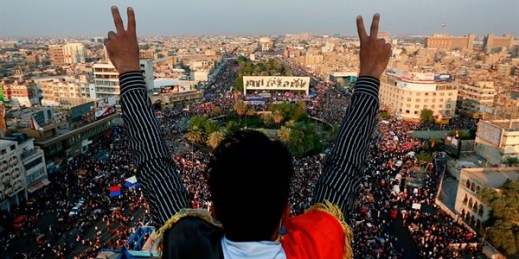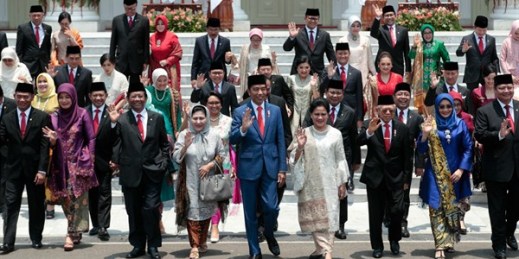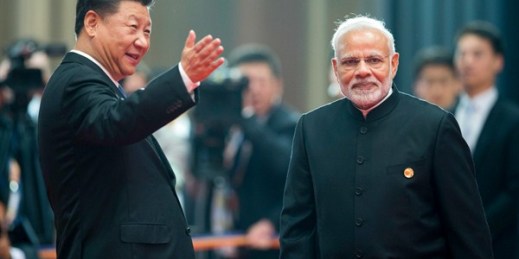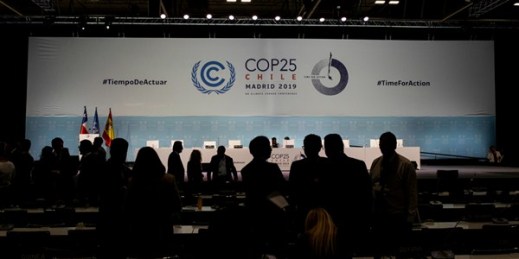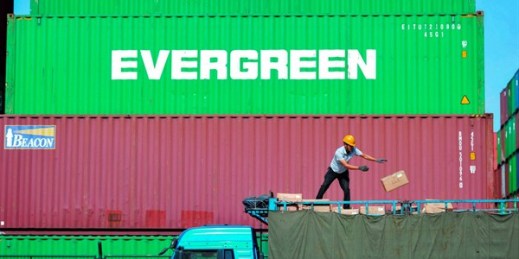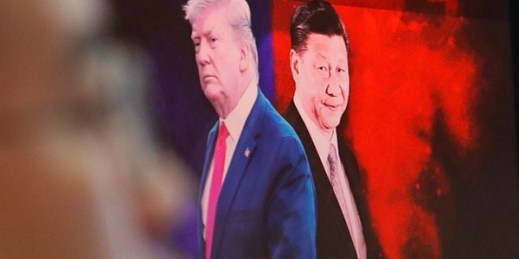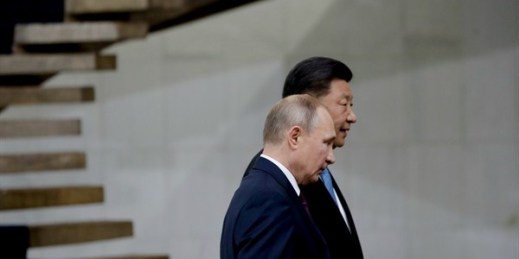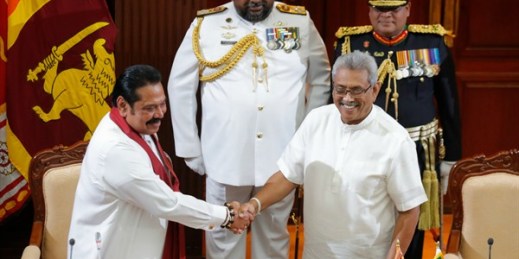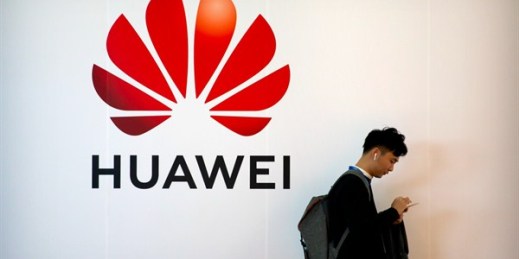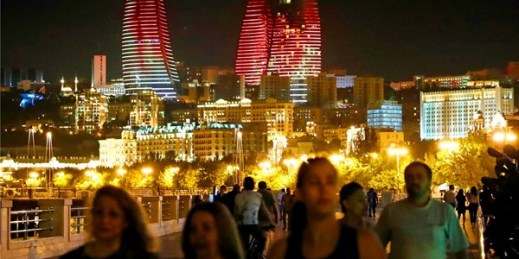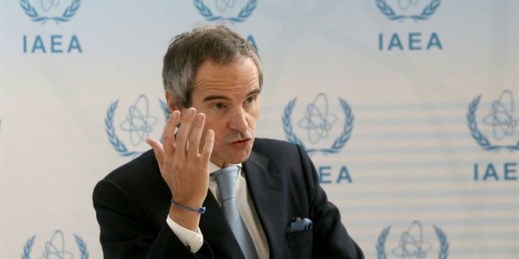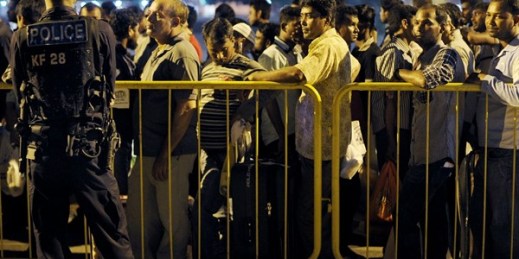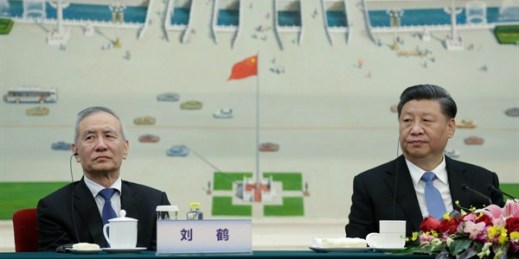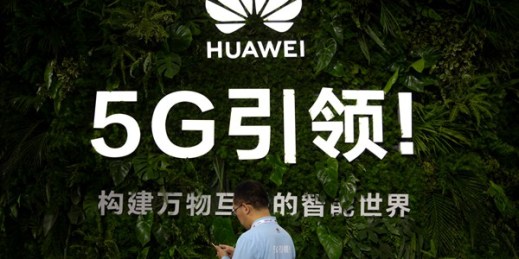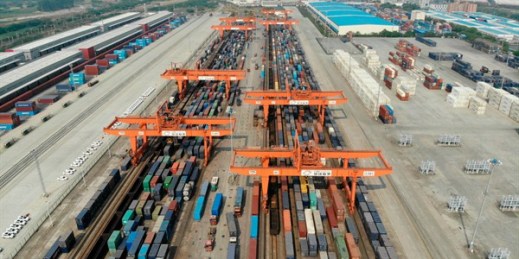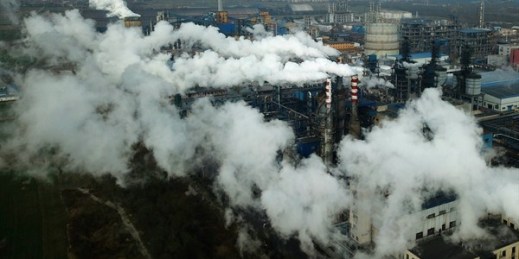
2020 dawns with the multilateral system in crisis. The next 12 months will determine whether the world is capable of controlling nuclear proliferation, arresting runaway climate change and restoring faith in the United Nations. Some pivotal events will shape success or failure in the coming year. Preserving the Nuclear Regime. Of the several potential catastrophic risks confronting humanity, the specter of nuclear war remains the most terrifying. Since the bombings of Hiroshima and Nagasaki in 1945, the world has escaped the horror of nuclear weapons. Much of the credit, beyond deterrence and plain dumb luck, goes to the Treaty on […]

